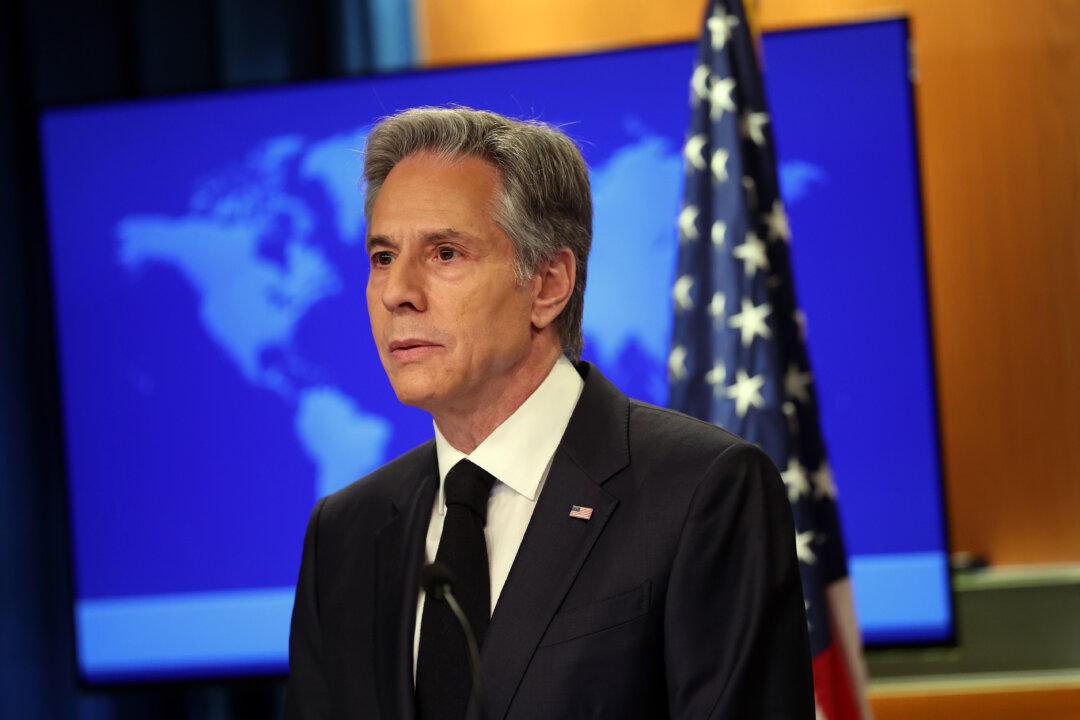U.S. Secretary of State Antony Blinken talked with his Israeli counterpart, Eli Cohen, on March 30—just days after President Joe Biden criticized Israeli Prime Minister Benjamin Netanyahu’s efforts at judicial change.
“Like many supporters of Israel, I’m very concerned,” said Biden on March 28. “And I’m concerned that they get this right. They cannot continue down this road.”





